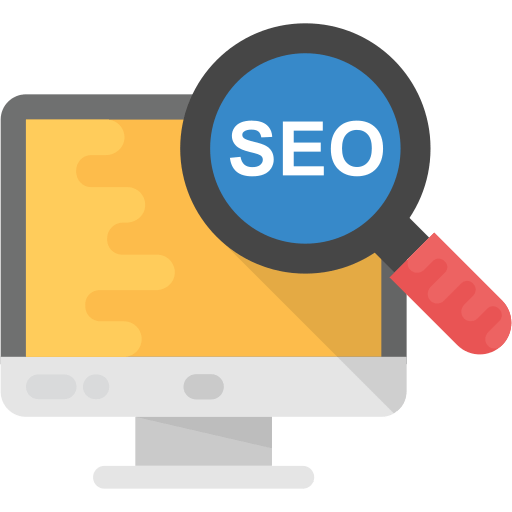OnPage & Technical SEO
- Home
- OnPage & Technical SEO
On-page SEO and technical SEO are two critical aspects of search engine optimization (SEO) that focus on different elements to improve a website’s visibility and performance in search engine results. Let’s delve into each of these areas:
On-Page SEO:
On-page SEO refers to the optimization of individual pages on a website to improve their search engine rankings and attract organic traffic. It involves optimizing content and HTML source code on a page. Key elements of on-page SEO include:
Keyword Optimization: Research and use relevant keywords in page titles, headings, and throughout the content.
Use variations of keywords naturally to enhance the page’s relevance.
Content Quality: Create high-quality, valuable, and relevant content for users.
Include multimedia elements like images and videos to enhance user engagement.
Meta Tags: Optimize meta tags, including meta titles and meta descriptions, to accurately describe the page content and encourage clicks.
URL Structure: Create clean and user-friendly URLs that include relevant keywords.
Header Tags: Use header tags (H1, H2, H3, etc.) to structure content and emphasize key points.
Internal Linking: Establish a logical internal linking structure to help users navigate and distribute link equity throughout the site.
User Experience (UX): Optimize the site for a positive user experience, including mobile responsiveness, fast page load times, and easy navigation.
Technical SEO:
Technical SEO focuses on the infrastructure and technical aspects of a website to improve its search engine visibility. It ensures that search engines can crawl and index the site efficiently. Key elements of technical SEO include:
Website Speed: Optimize page load times by compressing images, leveraging browser caching, and minimizing unnecessary code.
Mobile Friendliness: Ensure the website is mobile-friendly, as mobile responsiveness is a ranking factor for search engines.
Crawlability: Create a sitemap to help search engines understand the structure of your site.
Use robots.txt to control which parts of your site search engines can or cannot crawl.
Site Architecture: Develop a logical site structure that makes it easy for users and search engines to navigate.
SSL Certificate: Secure the site with an SSL certificate to establish a secure connection, which can positively impact search rankings.
Canonicalization: Implement canonical tags to address duplicate content issues and specify the preferred version of a page.
Structured Data Markup: Use schema markup to provide additional context to search engines about the content on your pages.
Both on-page and technical SEO are crucial components of a comprehensive SEO strategy. They work together to improve a website’s visibility, user experience, and overall performance in search engine results.
Our Flowless Process
Research
Develop
Testing
Launch
Pricing

OnPage & Technical SEO
$150
- Plugin Installation and configuration with proper setting
- Sitemap.xml & Robots.txt Setup
- Google Analytics setup
- Website Submit on Google Search Console
- Schema Markup
- Canonical URL Setup
- 301 Redirection & 404 error Fix
- Advanced Keyword research
- On Page Optimization for Targeted Keywords
- Meta description optimization
- Title Optimization
- H1, H2, H3 tags optimization
- Images Alt Tags
- Internal Link & Outbound link



